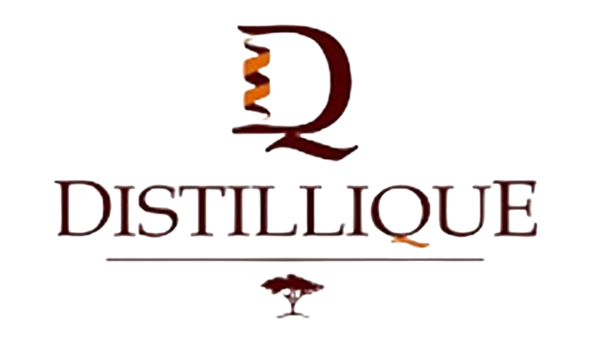Extra Neutral Alcohol: The Key Ingredient in Production of Alcoholic Beverages
Larita De Swardt-SteynAuthor: Swati Tamhankar
(Published with permission by Distillique)
William Faulkner once said, “Civilization begins with distillation”. Today’s civilization sounds that. Known by several names such as neutral spirits, rectified alcohol, and rectified spirit, the extra neutral alcohol is prepared to form grain, sugarcane, corn, sugar beets, and other food materials.
It is majorly used in the production of alcoholic beverages including vodka, gin, whiskey, and liqueur. In addition, extra neutral alcohol is used as a preservative and astringent, which makes it an essential ingredient in the cosmetic and personal care product manufacturing companies.
Moreover, neutral alcohol is an excellent solvent for paints, lacquers, and inks for the printing industry. Extra neutral alcohol, in its purest, undiluted form contains 95% alcohol by volume as per the regulations of the U.S., and after distillation, it is used in the production of blended whiskey, rum, and some homemade drinks such as a punch.
The rise in demand for alcoholic beverages has boosted the requirement of extra neutral alcohol. According to Allied Market Research, it is expected that the market of extra neutral alcohol will reach $1.064 billion by the end of 2023.
The Rise in Demand for Extra Neutral Alcohol
Extra neutral alcohol is an excellent solvent in the manufacturing of varnishes and perfumes. When a cosmetic product label lists “Ethyl alcohol” as an ingredient, it means extra neutral alcohol. It is a prime element in manufacturing deodorants, mouthwash, hairspray, after shave lotion, sanitizers, soaps, shampoos, and cologne and perfumes. Moreover, it is largely used for processing antibiotics, vaccines, tables, pills, and vitamins.
In several medicines, neutral alcohol is used as a disinfectant. However, the huge demand for extra neutral alcohol is due to its irreplaceable role in the breweries.
The distillation of neutral alcohol for human consumption is going on for centuries. Pure extra neutral alcohol is manufactured and sold in bulk to the distillers. They blend it, mix it with other flavors, brand it accordingly and sell it in for human consumption. However, there are several disadvantages regarding the manufacturing of neutral alcohol.
Government is imposing high taxes and regulations on the availability of alcohol and its manufacturing owing to rise in alcohol abuse.
Moreover, the extra neutral alcohol is flammable thus more care must be taken during its transportation. On the other hand, neutral alcohol can be used as a bio-fuel. Thus, the production of bio-fuels, bio-power, and bio-products with the help of extra neutral alcohol has boosted its market.
Distillation and Rectification
The alcoholic mash collected through fermentation process is first fed to the distillation column. Here, the crude alcohol is extracted from the mash and only alcohol-free liquid remains behind.
The crude alcohol is purified and concentrated up to at least 95 percent by volume. The distillation columns and rectification procedures are used for separation of impurities and undesired chemical reactions.
However, just by mixing alcohol and water and heating it will not give us extra neutral alcohol. As the boiling point of alcohol is less than water, it evaporates faster than water. Therefore, the distillation process comes into the picture. Over the years, civilization has evolved and developed basic tools for distillation known as ‘stills’, which enables us to use the different boiling points and collect alcohol vapors.
After completion of one distillation process, 25-45% alcohol by volume is generated and continuous distillation results into an odorless and colorless liquid, which is known as extra neutral alcohol.
The temperate range selected during distillation is selected carefully as it affects the quality of the product. Upon careful dilution, various beverages such as gin, vodka, run, and whiskey are manufactured. This process may sound complicated but it can be performed in homes with some supervision and care.
Reference Sites:
1. https://www.alliedmarketresearch.com/south-africa-extra-neutral-alcohol-market
3. http://makecocktailsathome.com/easy-guide-to-alcohol-pt-1-fermentation-distillation-and-spirits/
